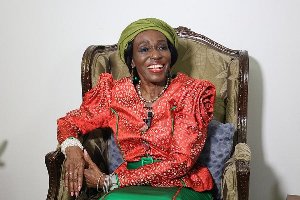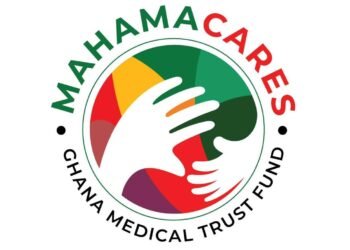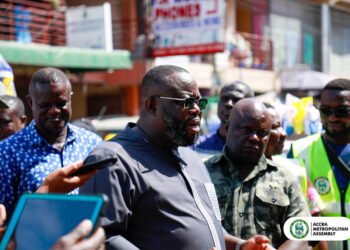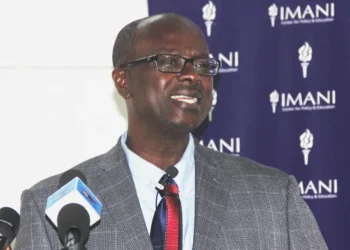Ghana has lost one of its most formidable political and social figures, former First Lady Nana Konadu Agyeman-Rawlings, who passed away at the Greater Accra Regional Hospital, popularly known as Ridge Hospital.
Sources close to the Rawlings family confirmed that she died in the early hours of Thursday, October 23, 2025, at the age of 76.
Nana Konadu, wife of the late former President Jerry John Rawlings, served as Ghana’s longest-reigning First Lady, holding the position across both military and civilian administrations under her husband.
Her public life spanned over four decades of political and social activism, earning her a reputation as a pioneering advocate for women’s empowerment and leadership.
Born on November 17, 1948, in Cape Coast, Nana Konadu Agyeman was the daughter of the late J.O.T. Agyeman and his wife. Her education began at Achimota School and continued at the Kwame Nkrumah University of Science and Technology (KNUST), where she studied Art with a specialization in Textiles.
She later obtained a diploma in Interior Design from the London College of Arts, a Diploma in Advanced Personnel Management from the Management Development and Productivity Institute in 1979, and a Certificate in Development from the Ghana Institute of Management and Public Administration (GIMPA) in 1991.

In 1994, she pursued further studies at Johns Hopkins University in Maryland, USA, earning a Senior Fellow Diploma in Policy Studies and Non-Profit Sector of Economic Development. Before her entry into public service, she worked with the Ghana Tourist Board in 1973.
From First Lady to Political Trailblazer
Nana Konadu’s prominence grew in 1979 when her husband, then Flight Lieutenant Jerry John Rawlings, became Head of State under the Armed Forces Revolutionary Council (AFRC).
She served as First Lady briefly during that regime, returned under the Provisional National Defence Council (PNDC) from 1981 to 1993, and continued in the role during her husband’s two constitutional terms from 1993 to 2001.
Her most impactful initiative came through the founding of the 31st December Women’s Movement in 1982, which mobilized women across Ghana for social and economic empowerment.
The movement provided women with access to microcredit, literacy programs, and education on their rights while pushing for laws protecting women’s inheritance and property ownership. It is credited with transforming thousands of lives, especially in rural communities.
Nana Konadu later emerged as a major political force in her own right. As the first Vice Chairperson of the National Democratic Congress (NDC) in 2009, she sought to succeed her husband’s political legacy by contesting the party’s presidential primaries in 2011 at Sunyani.
Following her loss, she broke away from the NDC to form the National Democratic Party (NDP) in 2012, under whose banner she contested the 2016 presidential election – making history as the first woman to run for president in Ghana.
Author, Advocate, and Stateswoman
In 2018, she launched her autobiography, “It Takes a Woman,” a 331-page account chronicling her journey from youth to her decades of activism and leadership. The book captured her vision for women in politics and was the first of four planned volumes.
Her later years were marked by continued engagement in public life.
She was recently seen among dignitaries who laid wreaths at the Forecourt of the Jubilee House in honour of eight public servants who perished in the August 6th 2025, helicopter crash. She also attended the final funeral rites of the late Asantehemaa, Nana Konadu Yiadom III, only weeks before her passing.
The government, under President John Dramani Mahama, has issued an official statement as tributes continue to pour in from across political and social divides. The Ministry of Information expressed deep condolences and indicated that arrangements are underway for a state-assisted burial befitting her status as one of Ghana’s most influential women.
Nana Konadu Agyeman-Rawlings is survived by her four children – Dr. Zanetor Agyeman-Rawlings, Yaa Asantewaa, Amina, and Kimathi Rawlings – and leaves behind a rich legacy of service, courage, and conviction.
Her life, deeply interwoven with Ghana’s political history, remains a symbol of female empowerment and national pride.
READ ALSO: Rubio Heads To Israel In Support Of Ceasefire Implementation























